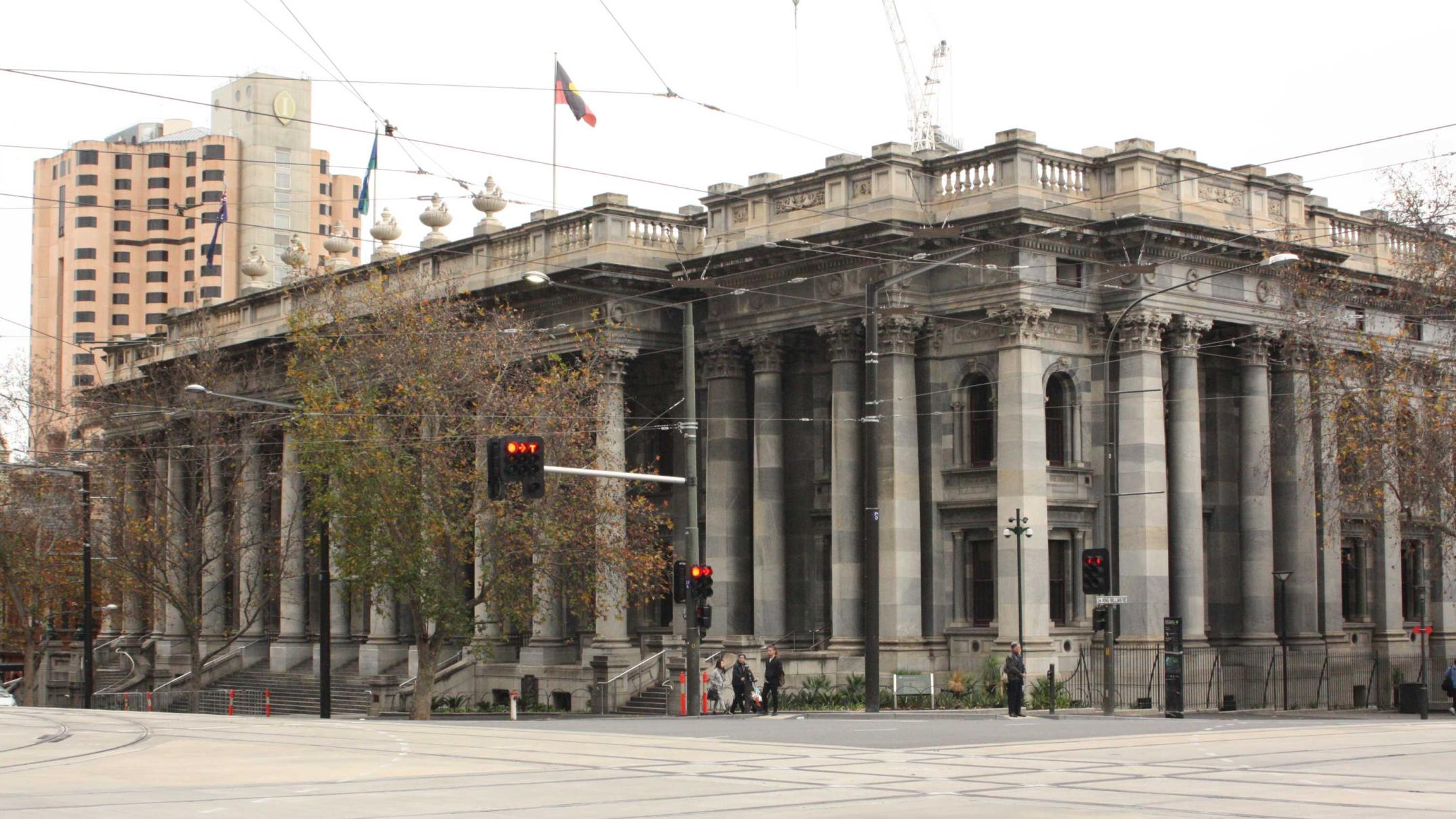A code of conduct for all MPs will be drawn up by a parliamentary committee in an attempt to improve the culture of South Australia’s Parliament.
Key points:
- A code of conduct will be drafted by a parliamentary committee for consideration by SA Parliament
- The committee will consider all 16 recommendations made by Acting Equal Opportunity Commissioner Emily Strickland
- The report found sexual harassment was prevalent in SA’s Parliament
It follows a damning report by the Acting Equal Opportunity Commissioner released earlier this month which found prevalent sexual harassment in SA’s Parliament as well as national protests, including one in Adelaide’s CBD yesterday demanding action to address workplace harassment.
‘A model for all of South Australia’
In Parliament’s Lower House this morning, Attorney-General and Deputy Premier Vickie Chapman moved to establish a parliamentary committee to closely examine the report and its 16 recommendations.
ABC News: Lincoln Rothall
)Labor MP Katrine Hildyard moved an amendment to the motion, stating that the committee should also draft a code of conduct.
It passed with support from Premier Steven Marshall, who as recently as this morning refused to say whether he personally supported the idea.
“Every single person in South Australia should feel safe and respected in the workplace, but we here in the South Australian Parliament should be modelling the highest of standards,” Mr Marshall said.
Opposition Leader Peter Malinauskas said it was time State Parliament aligned with community expectations of behaviour.
“The South Australian community expects there to be a code of conduct for this workplace, as there is for theirs,” Mr Malinauskas told Parliament.
Long history of discussion
The South Australian Parliament has a long history of considering, but then not adopting codes of conduct.
In 2003, then Labor premier Mike Rann moved that a joint committee be established to introduce a code of conduct for all members.
The committee recommended the code take the form of a “Statement of Principles” to be adopted by each house.
Supplied: Katrine Hildyard MP Facebook
)Debate on motions to adopt those statements was adjourned off in 2004, and again in 2010.
In 2012, the government used the Governor’s speech to outline a plan to adopt a formal code of conduct.
The nature of that code was outlined later that year in a bill to establish an Independent Commissioner Against Corruption.
The bill also sought to establish a Parliamentary Conduct Committee to oversee and monitor the standards set out in the code.
But the proposal contained in the bill was not acted upon.
In 2016, a so-called “Statement of Principles” was adopted by both Houses of Parliament.
But the Parliament was careful to ensure this statement would not actually have any legal effect.
It inserted a provision into the ICAC Act to specifically rule out that any “statement of principles” adopted by MPs could formally be considered a code of conduct.
Before leaving office last year, the former Independent Commissioner Against Corruption Bruce Lander noted that arrangement “fails to inspire confidence”, describing it as a “double standard [that] reflects poorly on the propriety of our legislature.”
Current Commissioner Ann Vanstone QC also called for a code to be established.




